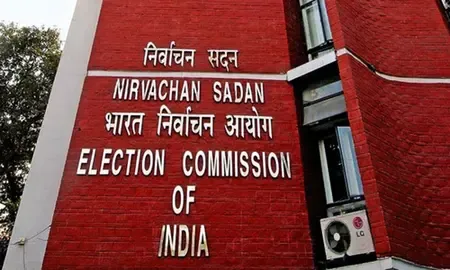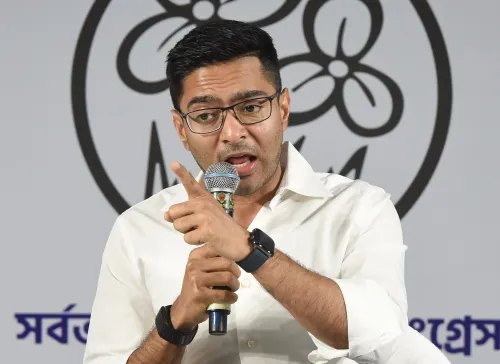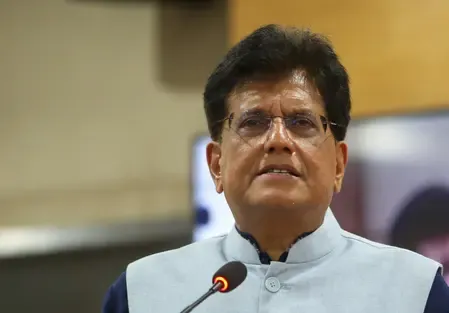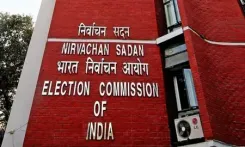Why Is Punjab Minister Calling the Dissolution of Panjab University's Senate and Syndicate a Brazen Attack?

Synopsis
Key Takeaways
- The dissolution of Panjab University’s governing bodies raises concerns about state autonomy.
- Punjab's Education Minister has expressed strong opposition to this decision.
- The historical significance of the university is crucial for understanding the local sentiment.
- Possible legal challenges could arise against the Centre's decision.
- The situation highlights tensions between state and central authorities in India.
Chandigarh, Nov 1 (NationPress) Criticizing the BJP-led Central government for its unilateral decision to dissolve the 59-year-old Senate and Syndicate of Panjab University in Chandigarh, Punjab's Education Minister Harjot Singh Bains described it as a blatant attack on the state's pride, democracy, and intellect. Bains remarked, “This is not governance; it is political destruction. The Centre’s reckless actions undermine Punjab’s hard-won autonomy, academic freedom, and constitutional rights. It represents an overt assault on the very essence of Punjab.”
The Minister emphasized the historical and emotional importance of Panjab University, which has been cultivated through decades of collective effort, sweat, intellect, and sacrifice by the state. He raised concerns about the motives behind this sudden dissolution, referencing the significant mandate given to Punjab’s representatives during the last Senate elections.
“How can the Centre dismantle a democratic institution that has stood for six decades?” Bains questioned, underscoring that during the last Senate elections for the Graduate Constituency, the people of Punjab elected their own representatives, securing victory in all seats. “This was a decisive verdict from the populace. Now, the BJP-led Central government, having failed to secure confidence at the ballot box, seeks to appoint its preferred candidates and turn this esteemed university into a political arena.”
Characterizing the dissolution not as an administrative reform but as “an act of occupation,” Bains commented that “there is a perilous design behind the decision to centralize power, suppress Punjab's distinct voice, and systematically alter the principles of federalism embedded in the Indian Constitution.”
The Education Minister asserted that this is a clear attempt to stifle dissent and diminish states' rights. “However, Punjab will not bow to this authoritarian overreach.” He pledged that the Punjab government, alongside the academic community, teachers, students, and staff, would vehemently oppose the Centre's actions in all democratic forums and explore every legal and constitutional pathway to safeguard Punjab's legacy and rights.
He affirmed that Panjab University “is the rightful property of Punjab, its people, its history, and its future. It does not belong to a distant, authoritarian Centre that aims to silence it. The people of Punjab will not permit this political destruction to prevail.”









